What Is It?
Empathy is the quality of being in tune with the emotions of others. Sometimes the term empathy refers to the ability to imagine and understand how other people might be thinking or feeling (what researchers call cognitive empathy or perspective-taking); other times it indicates the capacity to sense others’ emotions and experience feelings that mirror theirs (referred to as emotional or affective empathy).
A white teacher whose racial and economic background differs from most of his students recognizes that his ability to empathize with his students may be limited. To grow his empathy, he takes the time to get to know his students on a personal basis by asking them about their interests, their families, their hopes and dreams. He also makes an effort to spend time in the community where students live, which helps him to question his assumptions about his students, and ultimately see the tremendous strengths that they are bringing to the classroom.
Though empathy alone does not guarantee positive behavior—in fact, if other social-emotional skills are lacking, empathy can be overwhelming and counterproductive—it is often considered a vital foundation of morality and prosocial (kind and helpful) action. Empathy is what enables us to extend beyond our own point of view and truly care for each other.
Why Is It Important?
Because it helps us understand the perspectives, needs, and intentions of others, empathy is a building block of morality and a key ingredient of successful relationships.
Empathy makes us more altruistic.
- People higher in empathy are more likely to help others in need, even when doing so goes against their self-interest.
Empathy helps us live longer.
- Because it encourages us to do things for the sake of others, empathy may promote longevity.
Empathy creates bridges between people.
- Empathy can reduce prejudice and racism. By making us feel for and want to help others, including those from stigmatized groups, empathy can fight inequality (conversely, increased inequality can reduce empathy).
Empathy brings us closer to others.
- In personal relationships, empathy can deepen intimacy and boost relationship satisfaction.
Empathy cultivates positive teacher-student relationships.
- Empathy is one of the qualities that students value most in their teachers.
Empathy improves school success.
- Across many studies, teacher empathy relates to more positive student outcomes, such as greater participation and motivation to learn, increased self-esteem, social connections and skills, and decreased disruptive behavior and absences.
Practices

Assessing Your School Climate

Developing the Courage to Speak Up

Listening with Compassion

Building Collaborative Classroom Norms

Life is a Gift

Family Business
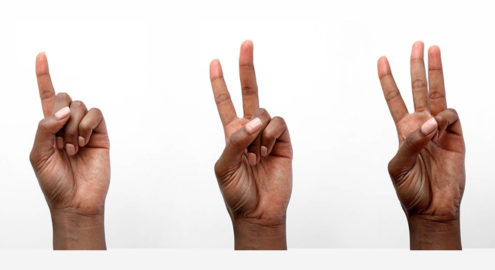
The SEL 3 Signature Practices

Overcoming Obstacles to an Open Heart

Active Listening for School Staff

I See You. Everyone Matters.

Staff Meeting Rituals that Build Trust and Community
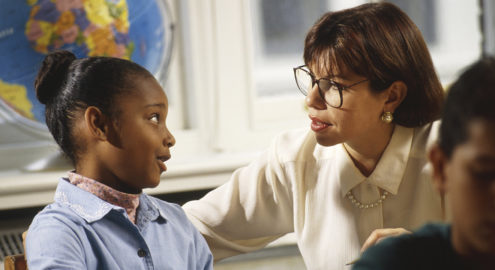
2 x 10: Getting to Know A Student
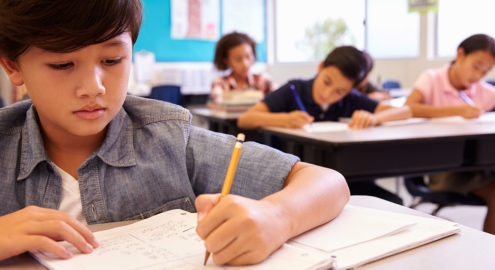
Dialogue Journals for Elementary Students
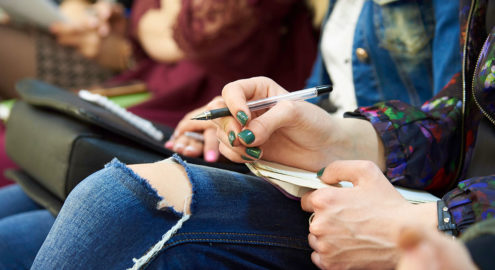
Dialogue Journals for High School Students
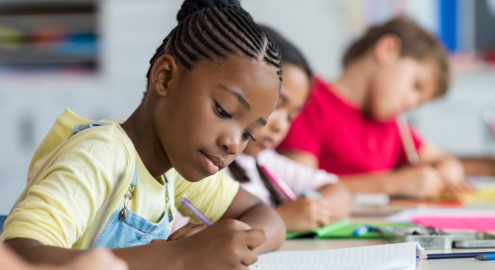
Dialogue Journals for Middle School Students

What’s New?

Put Down the Put-Downs

Are you ready to build a kinder, happier school where everyone belongs? Join Greater Good Educators! Explore the science of well-being in a supportive community of educators from around the world. Registration is now open for the 2025-2026 school year!


